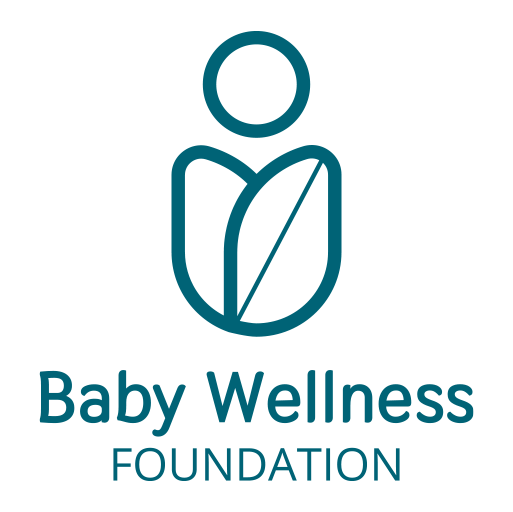Il suo benessere inizia molto prima della nascita
Chapter 14 – Preventing Postpartum Depression
Mental well-being is no less important than the physical health of the expectant mother. Between 10% and 15% of women who give birth experience more or less severe depressive disorders in the months that follow, which negatively affect both their health and their relationship with the newborn, and therefore can compromise the emotional and cognitive development of the child (33). This is postpartum depression, which should not be confused with the so-called baby blues, a physiological and temporary condition of fatigue and emotional instability that occurs immediately after birth and usually resolves spontaneously within 10–15 days.
True postpartum depression may appear even months after birth, typically lasts for 3–6 months, and in 25–30% of cases lasts a year or more.
Typical symptoms include anxiety, sadness, despair, fear of harming the baby, unjustified concern for the baby’s health, sleep disorders, loss of appetite, and feelings of guilt and inadequacy.
Subscribe to the newsletter
Be the first to receive the latest news from the Baby Wellness Foundation!
It is a multifactorial condition, meaning it arises from the convergence of different factors: a predisposition to depressive disorders, health problems in the mother or baby, hormonal changes during the postpartum period, lack of social support, financial difficulties, poor relationships with the partner or family members.
To fight postpartum depression, it is necessary to act quickly on all these fronts. First of all, the partner and the people close to the new mother in difficulty must help her take care of the baby and relieve her workload, so that she has time to rest. Home visits by midwives and childcare professionals in the weeks following birth, and participation in support groups, can provide reassurance and reduce stress. In more serious cases, it is necessary to consult a specialist, and drug therapy may also be helpful.
But postpartum depression, like many physical illnesses, can largely be prevented.
Often, women who show depressive symptoms after childbirth were already suffering from them during pregnancy, even if in a milder form.
Anxiety, social isolation, family conflict, and health issues in the mother or unborn child are other early warning signs of postpartum depression that should alert the woman herself, those around her, and the healthcare professionals assisting her.
In the presence of these warning signs, it is essential to talk to people nearby, the midwife, the gynecologist, the family doctor, and if necessary, contact the dedicated service at the local counseling center or hospital.
(33) “Prevention and early intervention for the risk of postnatal depression”, ISTISAN Report 16/21
Leggi le opinioni di...
Leggi le opinioni su questo articolo da parte di fonti autorevoli in campo scientifico o di aziende specializzate.

No comment yet, add your voice below!